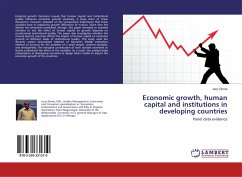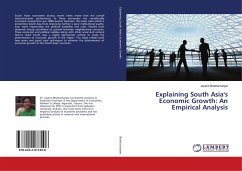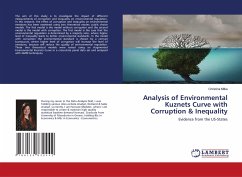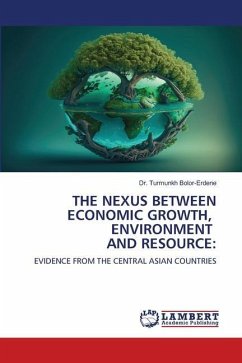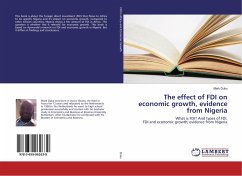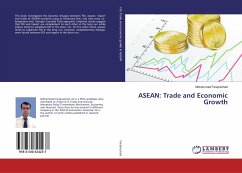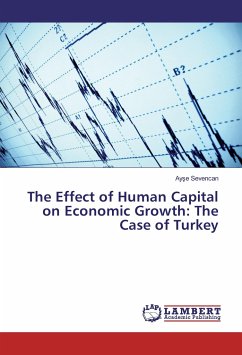Empirical growth literature reveals that human capital and institutional quality influence economic growth positively. A large share of these literatures', however, debated on the comparative importance that these variables have in explaining growth difference of nations. Given that the debate has remained unresolved, though, this paper intended to examine whether or not the effect of human capital on growth depends on country-level institutional quality. The paper also investigates whether the income level of countries affects the impact of human capital on economic growth at different levels of institutional quality. This study used the dynamic system Generalized Method of Moments (GMM) estimation method to account for the problem of a small sample, omitted variables, and endogeneity. The marginal contribution of each variable examined to clearly understand the effect of the variables. As a result, the analysis helps policymakers in developing countries to design better model to impact the economic growth of the countries.

